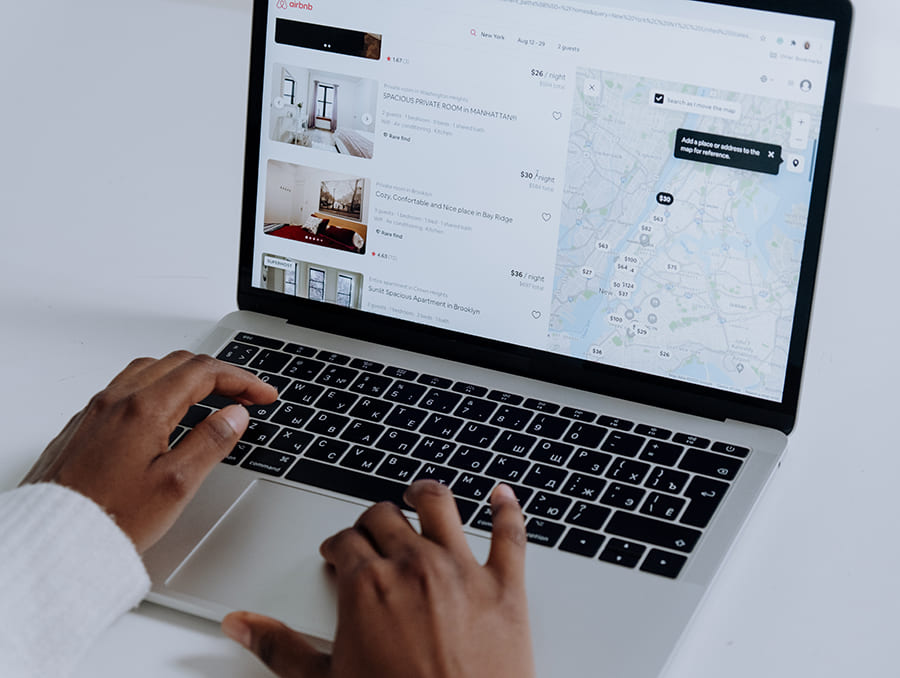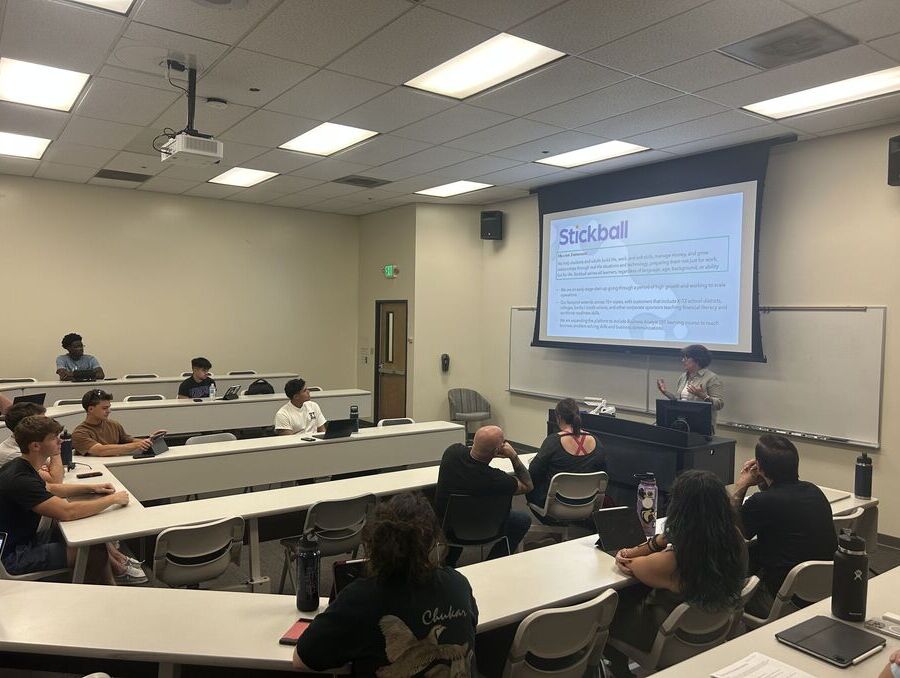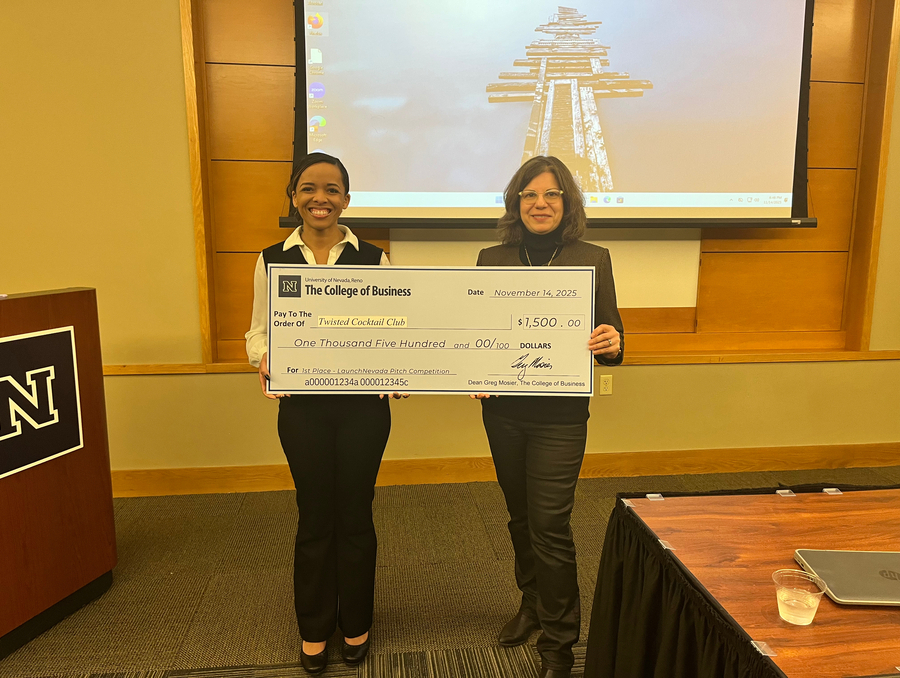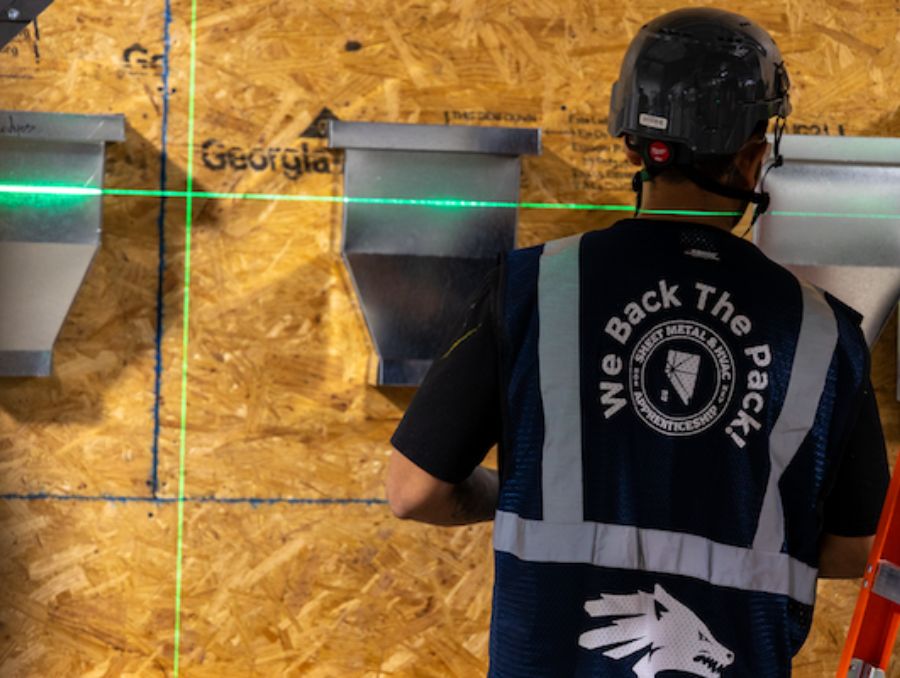As Sean Wilkoff drove across the country this summer to start his new role as an assistant professor of finance in the University of Nevada, Reno’s College of Business, he stayed in several Airbnb rentals. With real estate as one of his research interests, Wilkoff began to wonder how the COVID-19 pandemic was impacting the short-term rental market.
“The short-term rental market provides a close to real-time signal of how events of regional and national importance can affect the demand for housing,” Wilkoff said.
Along with Lily Shen from Clemson University, the researchers set out to analyze the impact of the pandemic on Airbnb properties. Their study, “Cleanliness is Next to Income: The Impact of COVID-19 on Short-Term Rentals,” focused on Airbnb listing and review data from Austin, Texas between July 2018 and July 2020. Wilkoff said Austin was the ideal location to focus on since it is a desirable travel destination and the local authorities did not impose any mandatory travel restrictions after the initial onset of the COVID-19 pandemic, allowing Austin to be open to visitors.
Using a machine learning algorithm to create an extensive cleanliness dictionary to detect whether an Airbnb unit is clean, the two researchers discovered the value of cleanliness in the short-term rental market during the pandemic.
“We referred to Airbnb properties with a clean review as ‘perceived clean’ and properties without a clean review in a given month as ‘not perceived clean,’” Wilkoff said. “This allowed us to estimate the value of ‘cleanliness’ in the short-term rental market during the COVID-19 pandemic.”
What Shen and Wilkoff found in their research offered a glimpse into the value of properties perceived as clean. Properties perceived to be clean increased income by 17.5% and their occupancy by 16.5%, significantly mitigating the negative impact of COVID.
“Being perceived as a clean property increases income relative to not being perceived as clean even more during COVID-19,” Wilkoff said. “What was surprising was that prices for clean units did not increase after the pandemic began. The results of the study suggest that Airbnb hosts can increase their revenue by keeping their listing clean during a pandemic. A listing that is perceived clean will encourage more occupancy and lead to higher revenue.”
The tests performed as part of the study did examine the possibility that Airbnb listings increased their income due to increased prices. This ended up not being the case, continuing to suggest that a property’s change in income was due to the increase in occupancy.
“Our results complement and add to the existing literature on the impact of COVID-19 on real estate markets,” Wilkoff said. “To the best of our knowledge, our paper is the first to look at the impact of COVID-19 on the short-term real estate market. Short-term rentals are a critical component of the local rental market and deserve to be researched.”
With Airbnb’s initial public offering Dec. 9, with trading that began Dec. 10 valuing the company at $100 billion – more than Expedia and Marriott combined, according to The New York Times – the relevance of this research is clear.
“COVID-19 is negatively impacting all travel and tourism, including the short-term rental market,” Wilkoff said. “The number of properties in Travis County, Texas that were available during our research period had decreased by 25%. On average, we found that there is a statistically significant negative 22% difference in income between properties prior to COVID-19 and properties during COVID-19. Economically, that translates to approximately $167 per month per listing or approximately a $502,113 reduction in total monthly income.”
Wilkoff stressed that this decrease was not uniform across properties.
“We still see a clear interest in people wanting to travel and in turning to private properties as a viable lodging option,” he said. “Properties perceived as clean only had on average a $35 decrease. The reduction in income loss for properties perceived to be clean comes from a marginal increase in occupancy relative to properties not perceived to be clean.”
















